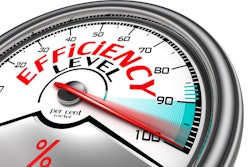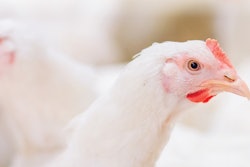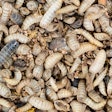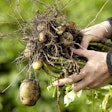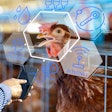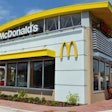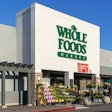
DSM-Firmenich and Donau Soja, an international nonprofit organization supporting sustainable European soy, have formed a partnership to highlight the environmental footprint of animal feeds and feed ingredients using Sustell, a life-cycle assessment (LCA) platform for the animal protein value chain.
The impact of eggs, meat, milk and farmed seafood on the environment greatly depends on what animals eat and how they use it. The ecological footprints of various raw materials and ingredients in the feed can vary enormously. Advanced LCA platforms, such as Sustell, enable the feed and animal protein sectors to precisely measure and improve their sustainability and unlock new sources of revenue.
“Our commitment to this partnership with Donau Soja will help empower businesses along the value chain to both improve and communicate the sustainability of their operations,” said David Nickell, vice president of sustainability and business solutions at DSM-Firmenich, Animal Nutrition & Health. “Accurate, scalable and credible LCA measurement of a product’s environmental impact from farm to fork is fundamental to unlocking multiple value opportunities such as eco-labelling initiatives of both food and feed, sustainable finance, adherence to the latest sustainability reporting requirements, as well as being a strong business diagnostic to understand where best practice is within the production process.”
Roughly one-third of the world’s greenhouse gas emissions come from food production, with 10% to 15% of this coming directly from livestock emissions. Companies along the food value chain are increasingly called upon to measure, report and reduce their environmental footprints because of their sustainability commitments, regulatory requirements and consumer preferences.
“Animal feed accounts for 40% to 60% of the environmental footprint of eggs, meat, milk and farmed fish,” said Susanne Fromwald, senior adviser and program director at Donau Soja. “Protein sources in animal feed, such as non-certified soybean meal from overseas or even Europe, can be major contributors to the overall greenhouse gas footprint. Donau Soja has conducted several science-based calculations with renowned institutes whose results show the carbon footprint reduction potential of using certified European soya. With Donau Soja certified non-GM sustainable conversion-free European feed we could prove for example a reduction of 42% CO2 emissions per kilogram pork. The partnership with DSM-Firmenich, using Sustell creates benefits for our Donau Soja members to do more science-based calculations and bring greater transparency to the feed and food industry that empowers more sustainable food production and consumption.”

